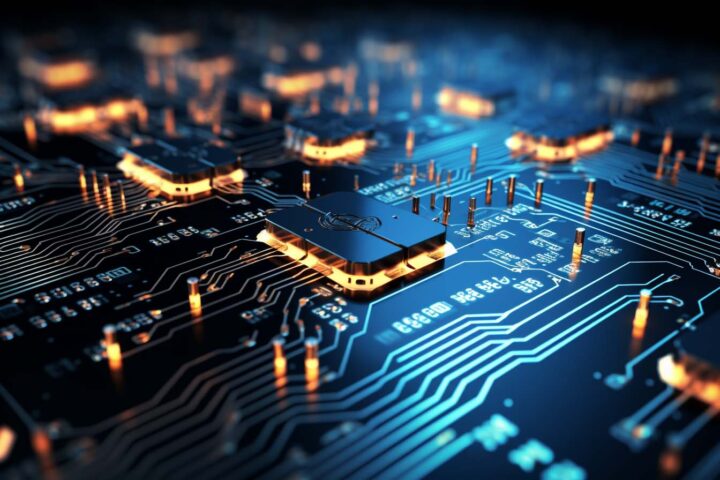TLDR:
- Technology has become a necessary part of our daily lives, transforming the way we communicate, work, and interact with the world.
- On the one hand, technology has improved our ability to connect with others, removing barriers of time and distance, and creating a sense of community.
- On the other hand, there is growing concern that technology is leading to feelings of loneliness and isolation, as it can replace genuine face-to-face connections and create a culture of comparison.
In our increasingly interconnected world, technology has become an indispensable tool that we rely on in our daily lives. It has revolutionized the way we communicate, work, and interact with the world around us. With just a few taps on a screen, we can connect with people from all corners of the globe, access vast amounts of information, and navigate our daily routines more efficiently.
On one hand, technology has undeniably improved our ability to connect with others. Social media platforms, messaging apps, and video conferencing tools have broken down barriers of time and distance, allowing us to effortlessly maintain relationships and communicate with others. We now have the opportunity to share our thoughts, experiences, and achievements with a wide audience, creating a sense of belonging and community. Online support groups and forums have also provided comfort and understanding for individuals facing similar challenges, offering virtual spaces where people can find solace and connection.
Furthermore, technology has opened doors to new opportunities for collaboration and creativity. Online platforms enable individuals with common interests or goals to work together on projects, exchange ideas, and learn from one another. This interconnectedness has fueled innovation and empowered individuals to make a positive impact on a global scale. The ability to interact with diverse perspectives and cultures has broadened our horizons, fostering understanding and empathy.
On the other hand, there is a growing concern that technology is contributing to feelings of loneliness and isolation. The prevalence of social media has created a culture of comparison, where individuals feel compelled to present only the highlights of their lives. This constant exposure to curated virtual interactions can lead to feelings of inferiority and disconnection from reality. Genuine face-to-face connections can be replaced by virtual ones, leaving individuals yearning for meaningful human connections. This loss of genuine connection can be deeply painful.
Additionally, the addictive nature of technology can result in excessive screen time, reducing opportunities for real-world interactions. People can become consumed by their devices, losing sight of the richness that surrounds them in everyday life – the presence of loved ones, the beauty of nature. This detachment can further exacerbate feelings of loneliness and isolation.
In conclusion, technology offers us both opportunities to connect with others and challenges that can make us feel alone. It is essential for individuals to find a balance and not let technology overshadow the importance of genuine human interaction. While technology has undoubtedly enhanced our ability to connect and interact, fostering meaningful relationships requires an understanding of the limitations and potential pitfalls of virtual connections.







